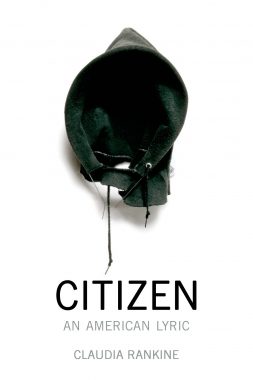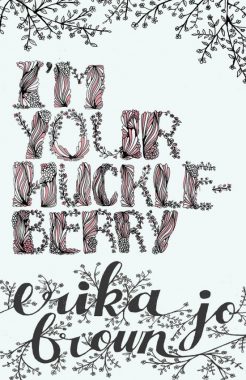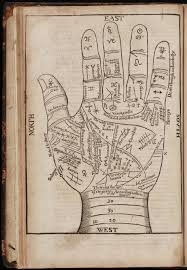Who taught you to dance that way,
right in the path of the sun
without your skin?
While you were inside
the future came & went
without us.
Each of us realized the life
he was leading was somebody else’s
idea of her own life
come true.
Now we kick our house lamps
like soccer balls through the empty highways.
Some folks have already filed
requests to have their palms read
by satellite,
& everyone’s trading memories with each other.
So listen, I’ll be you.
You can be whatever you’d like.
But let me be frank here, for God’s sake,
be a small white flower
so you can fit on a wooden spoon
& tell me all day long about
what it feels like to have nothing
to be forgiven for.
– Jesse Mack
Originally published in mojo 4;
edited by Jay McMahon & Joey Lemon
Jesse Mack shared with me the creation of “Woman Exiting the Fortune Teller’s” as a process of collage, with his ear leading. My initial impression of this piece was its crystallization of the quality of fortune-telling in three-line stanzas – the pacing of supernatural revelation in an orderly shuffle of cards, and the integration of that into the moment of departure from the reader’s salon; the memory of the careful intoning of just the right words about life and fate. And yet there are overarching themes for everyone who sits for a reading: Life. Love. Money. Work. In this regard the information supplied is almost interchangeable. I know a bit about this world, having sat on both sides of the moon-covered tablecloth – in the end, there is no such thing as fortune-telling, only the sharing of possibilities, yielding to the transient and subjective quality of what we take away.
– RK
[author] [author_image timthumb=’on’]http://minotaursspotlight.com/wp-content/uploads/2013/08/rose_koch_133.jpg[/author_image] [author_info]Rosemarie Koch earned her MFA in Poetry from Arcadia University in 2013 – the culmination of a lifelong dream. For her, poetry is an art form that crosses all forms, and is also a great source of joy – both reading it and writing it. She has recited Hopkins’ “Windhover” at many poetic and non-poetic gatherings, regards William Blake and Emily Dickinson as close personal friends, and finds poetry in everything she hears and sees. Her work with Minotaur’s Spotlight is an extension of her love of verse. [/author_info] [/author]




